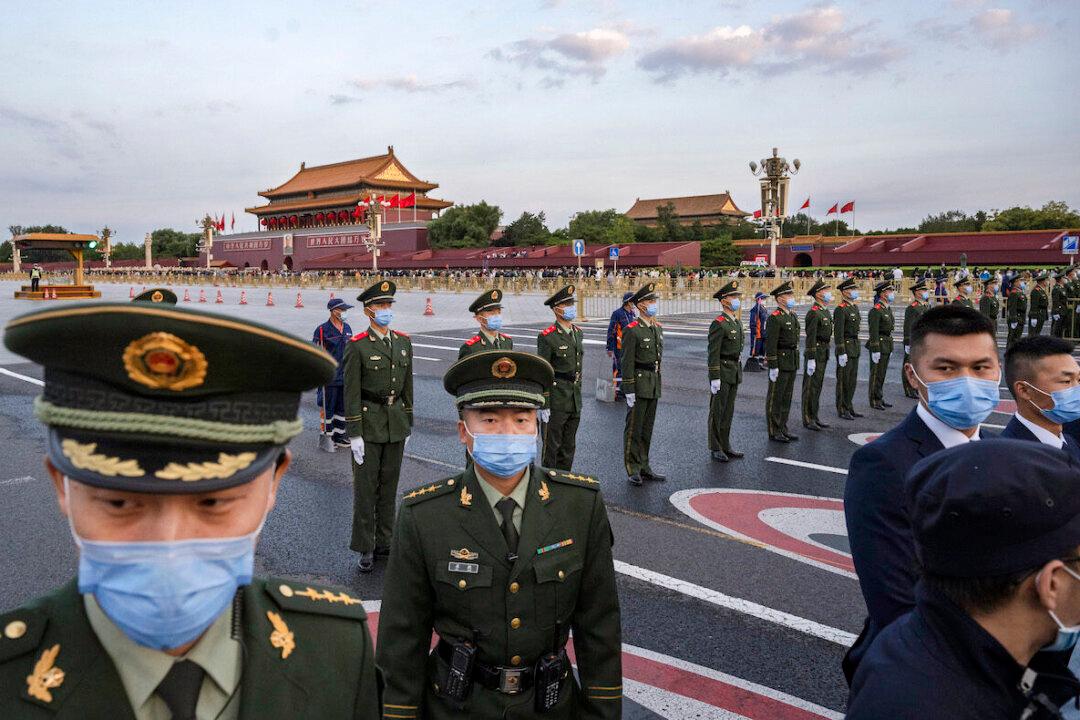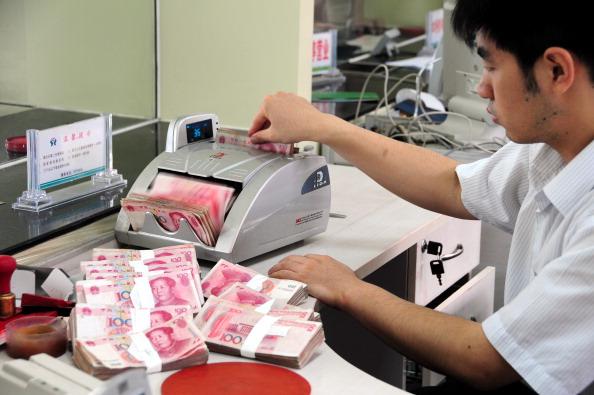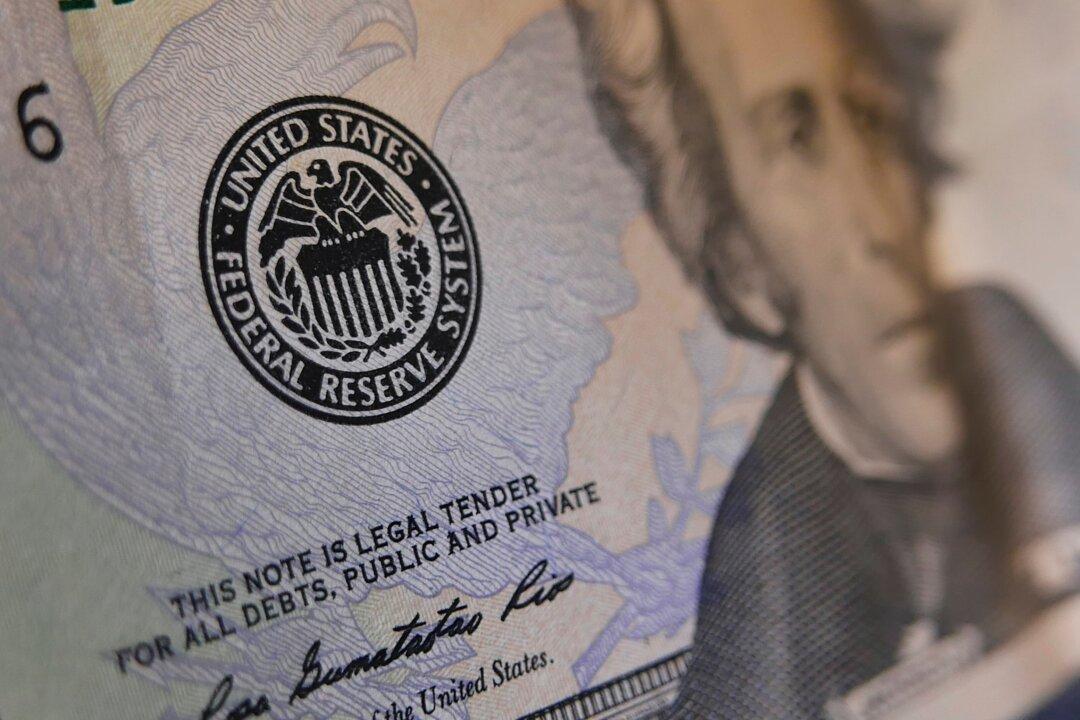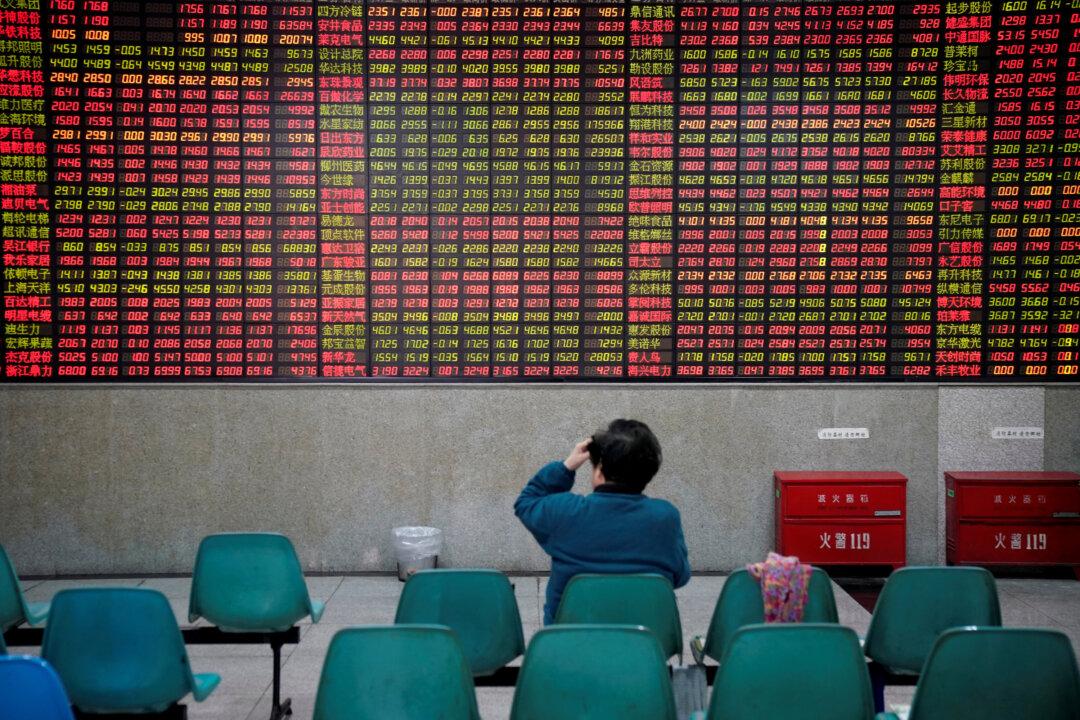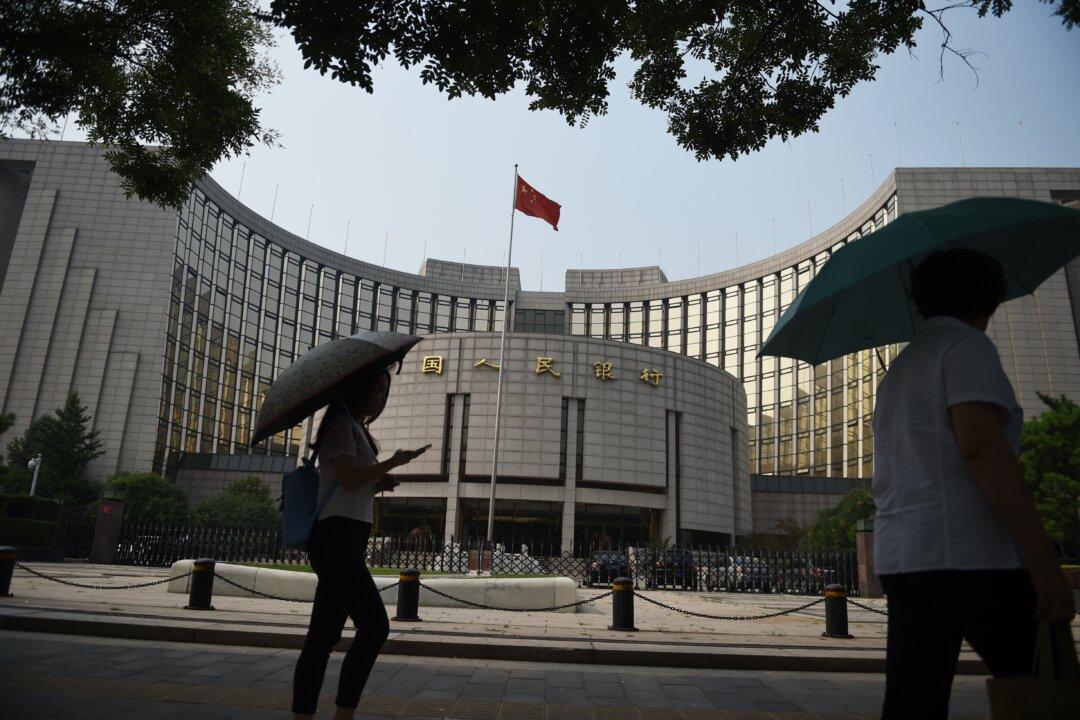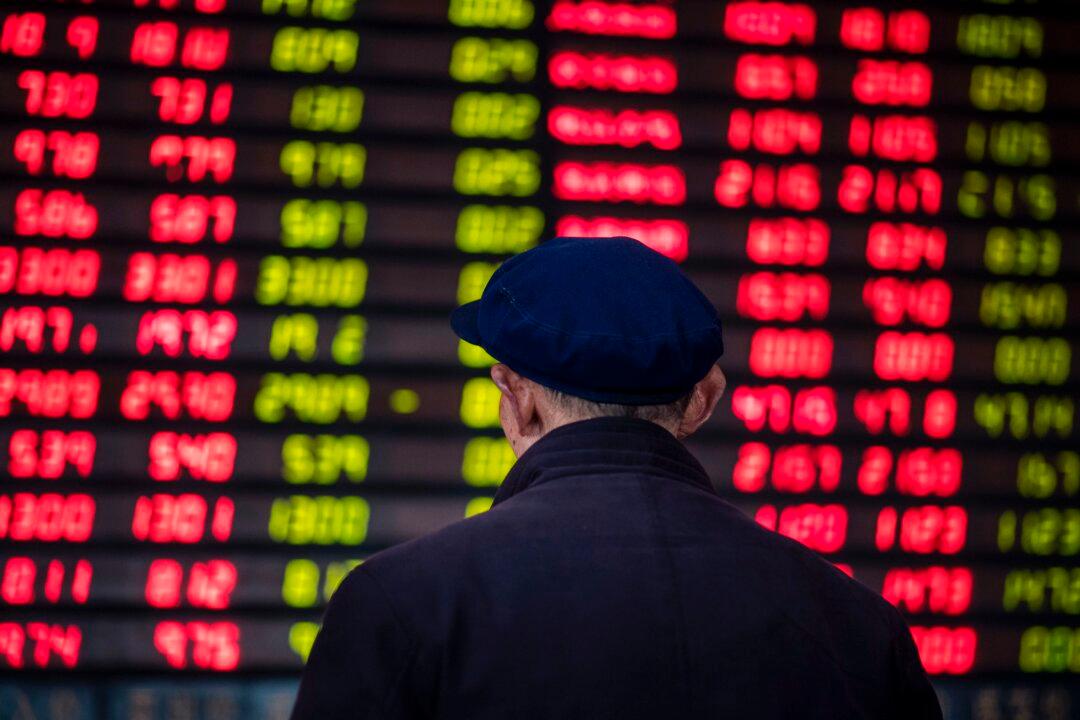Focus
Shadow Banking
LATEST
China Reverses Course, Launches Massive Credit Expansion
Bank lending in China hit an all-time-high in January, signaling that recent mandates to boost lending to businesses are taking broad effect.
|
China Commences Crackdown on Shadow Banking
Chinese regulators introduced major rules on Nov. 17—the scale of which has been compared to the U.S. Dodd-Frank Act—to unify regulations for the asset management industry and curtail shadow banking activities.
|
Global Markets Feeling Effects of China’s Financial Crackdown
China’s new emphasis to rein in its financial sector has been underway for more than three months. Its effects are already being felt in the financial markets, impacting short-term borrowing rates and the global commodities market.
|
China’s Bear Stearns Moment
In the end, it’s just going to be a few hundred million in write-offs. But the second imminent default of a Chinese corporate bond shows that China has passed its “subprime” moment and is staring into the face of a bankrupt debt juggernaut.
|
China Announces Bank Liberalization Plan
Regulators in China gave more detail Tuesday on how they want to liberalize the banking system. The private sector will set up independent banks and rate caps on deposits could be lifted within two years.
|
China Reverses Course, Launches Massive Credit Expansion
Bank lending in China hit an all-time-high in January, signaling that recent mandates to boost lending to businesses are taking broad effect.
|
China Commences Crackdown on Shadow Banking
Chinese regulators introduced major rules on Nov. 17—the scale of which has been compared to the U.S. Dodd-Frank Act—to unify regulations for the asset management industry and curtail shadow banking activities.
|
Global Markets Feeling Effects of China’s Financial Crackdown
China’s new emphasis to rein in its financial sector has been underway for more than three months. Its effects are already being felt in the financial markets, impacting short-term borrowing rates and the global commodities market.
|
China’s Bear Stearns Moment
In the end, it’s just going to be a few hundred million in write-offs. But the second imminent default of a Chinese corporate bond shows that China has passed its “subprime” moment and is staring into the face of a bankrupt debt juggernaut.
|
China Announces Bank Liberalization Plan
Regulators in China gave more detail Tuesday on how they want to liberalize the banking system. The private sector will set up independent banks and rate caps on deposits could be lifted within two years.
|

